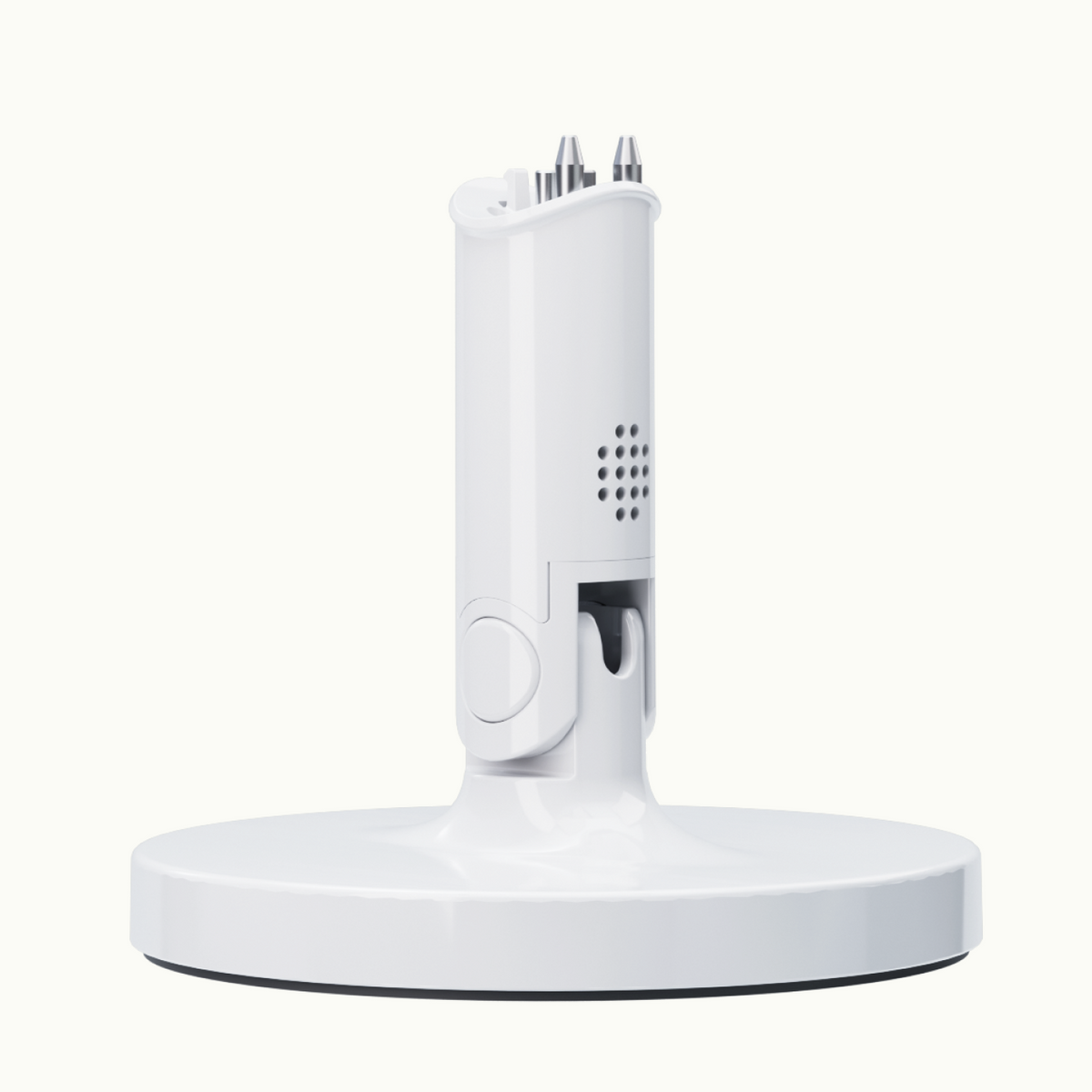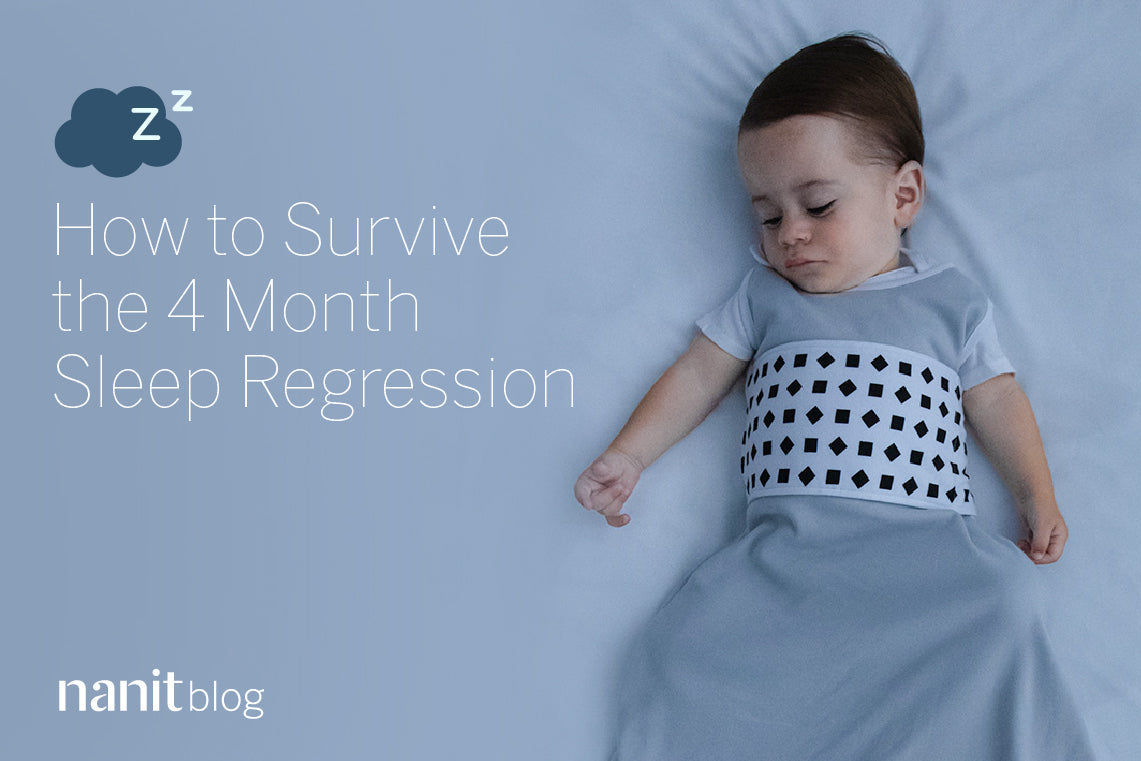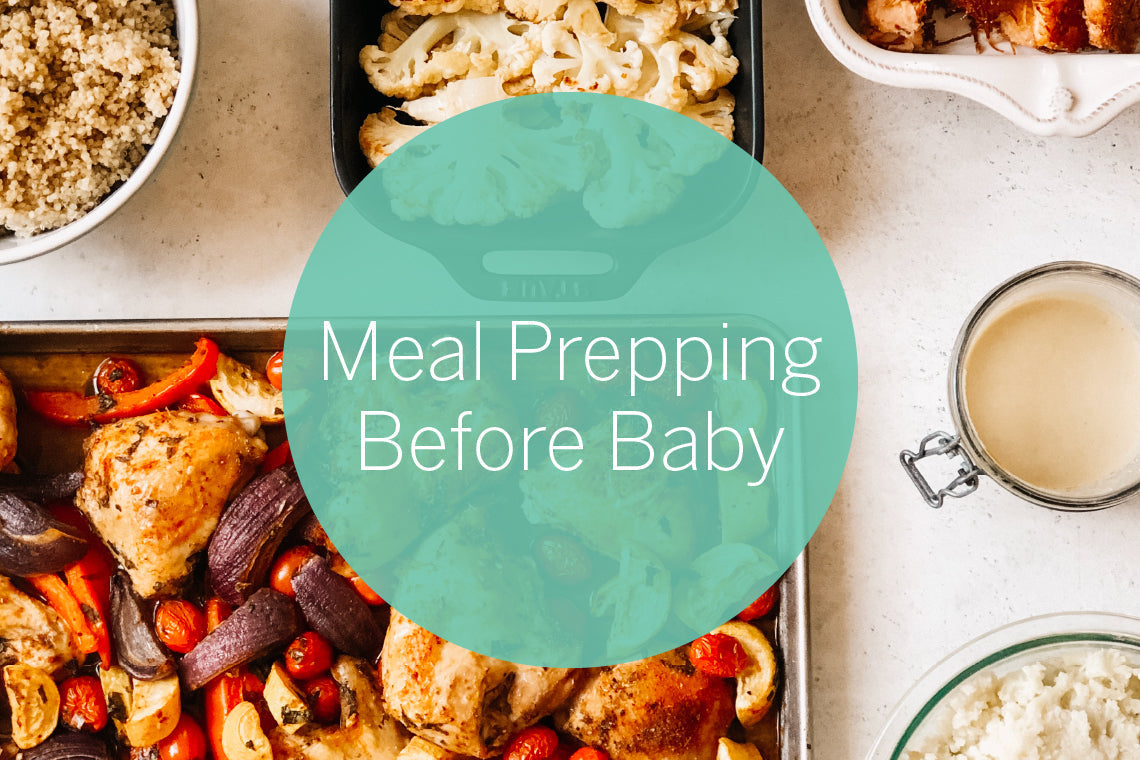Your baby will learn a lot from you over the years. Perhaps the first and most important skill you’ll teach your baby is how to sleep. Fact is, sleep isn’t an innate skill—it must be learned. And while we don’t sleep train until 4 months from their estimated due date, those first few months are an opportunity to lay the foundation for healthy sleep habits. By doing so, you’ll help your baby take better, more consistent naps (you can shower! Drink hot coffee!) and sleep more soundly at night (yes, please!) You can start these tips into action right away and they’ll continue paying off for months to come.
1. Practice safe sleep: Keeping your baby safe is your number one priority. Always follow these safe sleep practices from the American Academy of Pediatrics.
- Place your baby to sleep on their back
- Put your baby to sleep on a firm surface, such as a crib or bassinet, with only a fitted sheet
- Keep all other objects such as blankets, pillows, bumper pads, and toys out of your baby’s sleep space to prevent suffocation
2. Create a soothing sleep environment: An ideal environment for sleep is cool, dark, and—surprise!—not quiet.
- Temperature – The bedroom’s temperature should be 68 to 72 degrees Fahrenheit
- Darkness – Install blackout shades or curtains and remove any nightlights. Darkness sends a signal to your baby’s brain that it’s time for sleep
- White noise – Keep a white noise machine on while your baby is sleeping. Babies are used to constant sound after being in their mother’s womb for nine months
3. Time bedtime right: Based on the science of sleep, there are times during the day and in the evening when your baby will be able to fall asleep most easily for naps and bedtime. Bedtime for a baby 1-4 months old should start between 8pm-11pm. Bedtime for babies 4 months and older should start between 5:30pm and 7:30pm based on the quality of day sleep.
An early bedtime can help prevent your baby from becoming overtired. An overtired baby has a more difficult time falling asleep. An early bedtime can also help prevent your baby from waking multiple times per night and rising early in the morning.
4. Have a bedtime routine: A consistent bedtime routine is relaxing and becomes a cue for your baby that it’s time for sleep. After 4 months old, try moving your baby’s feeding to the start of the bedtime routine. This can help your baby learn how to fall asleep on his or her own. An example of a bedtime routine would be:
- Feeding
- Bathe with Baby Magic Calming Bath, which has lavender and chamomile to help soothe your baby to sleep
- Gently dry your baby’s skin with a soft towel and apply Baby Magic Calming Lotion
- Put on your baby’s diaper and pajamas
- Read a book or sing a soft song
- Place your baby to sleep drowsy but awake
5. Soothing a fussy baby: Most importantly, take a deep breath and know that it’s normal for babies to be fussy. This is especially true during the “witching hour,” which occurs from sunset until bedtime (and can last for much longer than an hour). Be sure to check whether your baby is hungry, sleepy, needs a clean diaper, or is too hot or too cold. If your baby is still fussy, try these calming tips:
- Give your baby a relaxing massage with Baby Magic Creamy Baby Oil, made with coconut oil to condition your baby’s skin
- Offer a pacifier
- Read books or sing songs to your baby
- Rock or place your baby in a baby swing
- Gently move your baby’s legs in a bicycle motion to help release any gas
If you have any questions about your baby’s health or safety, contact your pediatrician.
Tips provided by Carolynne J. Harvey, Certified Infant & Toddler Sleep Consult, Author of “Dream Baby Nights”, Founder of Dream Baby Sleep® and Creator of the online video sleep training course, Dream Lab.






